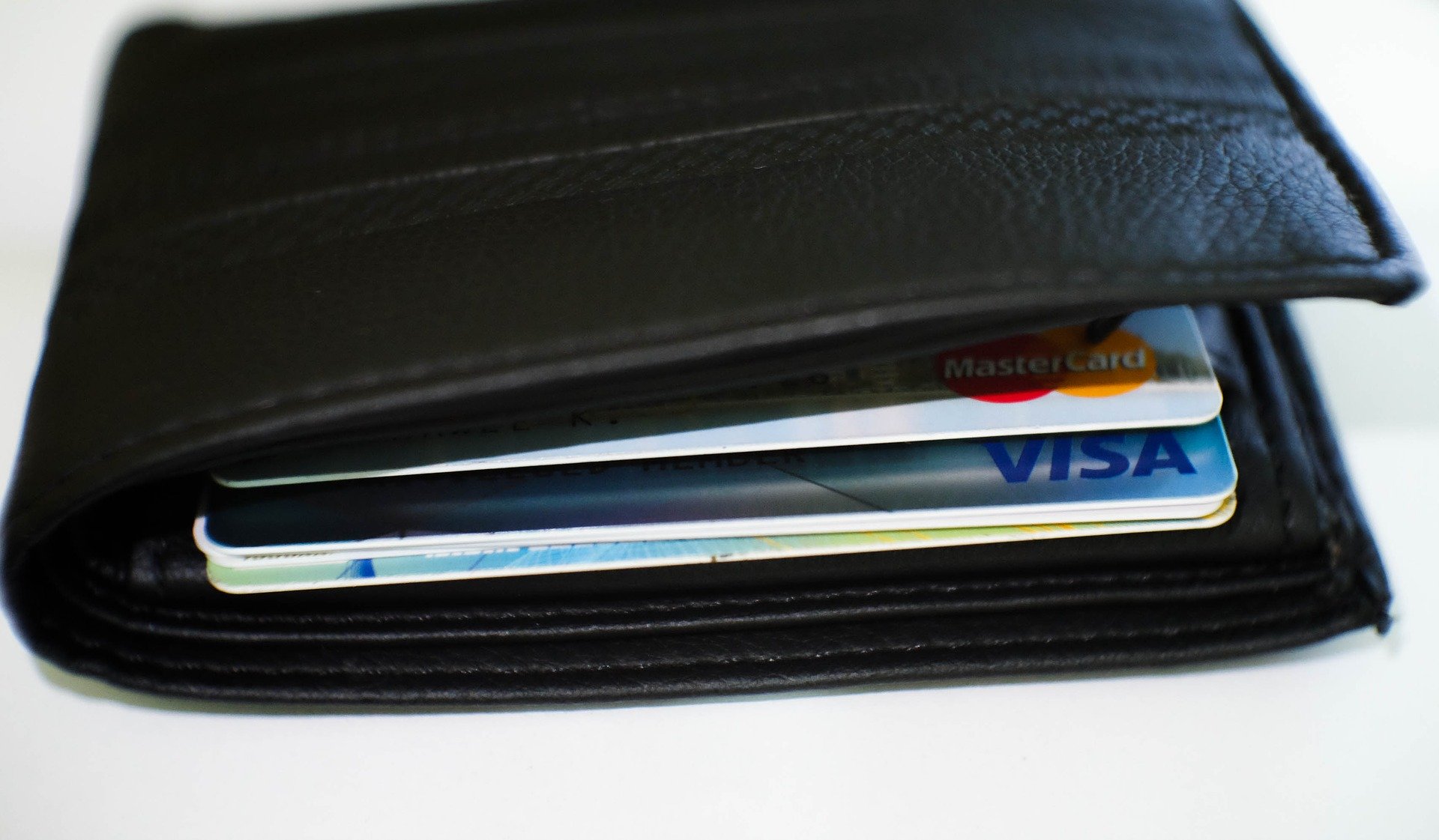It is to build credit to help you save yourself from high fees on a future mortgage or loan. But doing so isn’t necessarily a walk in the park. It takes discipline, self-control, and determination.
If you are new to credit cards, you might ask your credit issuer exactly how building credit works. There is readily available information online that you could take advantage of. But, basically, you can build credit by showing financial responsibility.
Interested in learning more about what you can do to build good credit? Read on to learn about top habits to adopt that, if mastered, will help you build your credit.

Get Your Finances In Order
When it comes to building your credit, the first thing to do is get your finances in order. Find out how much you are spending and on what, determine your budget, and document everything. Sticking to your budget can help you improve your credit.
Pay Your Debts
When calculating your credit score, one of the things they consider is how much debt you have compared to the total limit on your credit products. This is called the credit utilization rate, and it is best to keep it below 30%.
If you want to boost your score, most advisors advise to keep it as low as 10% or less. Avoid lowering it all the way to 0%, because this will not help you establish ongoing payment history.
Always Pay Back Your Credit Card On Time
If you have debt, always make sure you pay on time or before the due date. After making the payment, always be sure to log in to your account or call your card issuer to confirm that your payment has been received and processed. One single late payment can hurt your credit score.
If you want to have a perfect FICO score, make sure you never make late payments at whatever cost. If you think you might forget, set reminders or set up automatic payments from your bank to your credit account.
You might also have to consider paying on your report date. Keep in mind that every creditor has a report date, and this is what they use when they send information to credit bureaus. Always read the fine print to be sure that you are complying with all the requirements and never miss any payment out of ignorance.
Freeze Your Credit Cards
If you feel you have way too many credit cards that you rarely use, consider freezing some of them. However, freezing accounts has its own pros and cons. Check with your credit issuer to understand what this process involves and its risks. Keeping your account open with a $0 balance is better than closing a card altogether.
Always Check Your Credit Score
As a rule of thumb, frequently check your credit score. By doing so, you will keep tabs on the trends and if any new elements are affecting your score. Compare how you performed last month against this month so you can see how you are doing through time. If there are any errors, be sure to contact your credit issuer. Then, follow up and confirm that the mistake has been rectified.

Bottom Line
Building credit is a process, and it will not happen overnight. These habits have to be exercised, every day, and every month to effectively build credit. Furthermore, always read the fine print to ensure you never miss any important information that might affect your credit score. If there is anything you don’t understand, ask for clarification from your card or loan issuer.
